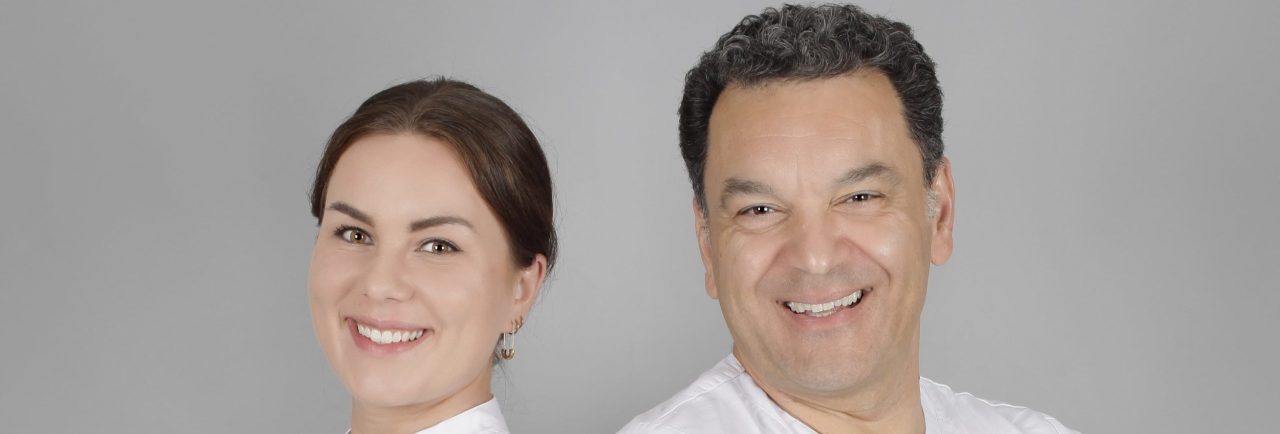The Kids Page
Your Teeth
Your teeth are amazing. A set of milk teeth has 20 pearly whites and an adult set 32. You use them to smile, talk and, obviously, to eat. That’s why it’s really important that your teeth stay healthy and strong and it’s actually very easy to make sure they stay that way yourself: Brush your teeth at least twice a day!
But you already knew that. What you perhaps didn’t yet know is that flossing is a very good idea, too. Flossing is when you use a thin thread to clean the tiny gaps between your teeth, removing plaque and bits of food that gave become stuck there. You can even clean under the gums by flossing. Regularly flossing your teeth, whether you use your hands or a special dental floss holder, helps to prevent cavities and infections and like an apple a day, will keep the dentist away.
Teeth in Nature
Did you know that elephants have the largest teeth in the world? They use their tusks as a weapon to fight with and as a tool for digging and pushing things aside, but their huge teeth are used to chew and grind the plants that they eat. This wears them down and when they are worn down completely, a new set takes over until the final set has been used up. When this happens, the elephant can’t eat properly anymore and because elephants no longer have any serious natural enemies, starvation due to tooth wear is the animal’s number one cause of death. Fortunately, elephants have enough sets of teeth to live an ordinary elephant life of about 70 years!
Incidentally, snails have the smallest teeth, but there are an awful lot of them: some 25,000. They are all on the snail’s tongue and therefore they are not always considered to be real teeth. If you don’t count snails, then the long-snouted spinner dolphin, with between 172 and 252 teeth, has the most.
And there are more interesting facts about teeth. Beaver teeth, for instance, never stop growing. But by using them to fell trees and gnawing wood into small bits, their teeth stay at the ideal length.
Crocodiles lose teeth all the time, but new ones always replace them – some crocodiles have more than 3,000 teeth during their lifetime! The funny thing about crocodiles is that they never have to brush their teeth. They simply open wide and let a small bird, the Crocodile Bird (What’s in a name?), clean their teeth. Now that’s a brave bird, don’t you think? I wouldn’t do it!
There are also animals, which don’t have any teeth at all. Perhaps the most striking is the Blue Whale, the largest animal ever to have existed on the planet, larger even than the largest dinosaurs (to give you an idea, its tongue is as big as an elephant!). Just like us humans, Blue Whales are mammals, but they only eat tiny little animals such as krill and plankton, which they filter out of the water using a special sieve called the baleen. They may be big, but they don’t need teeth

